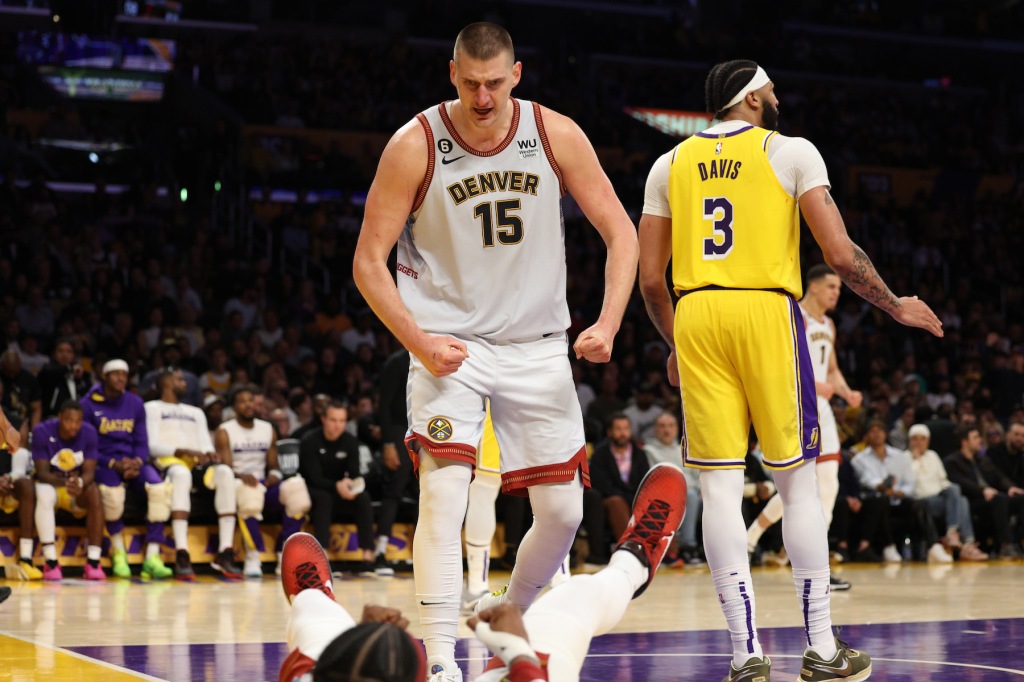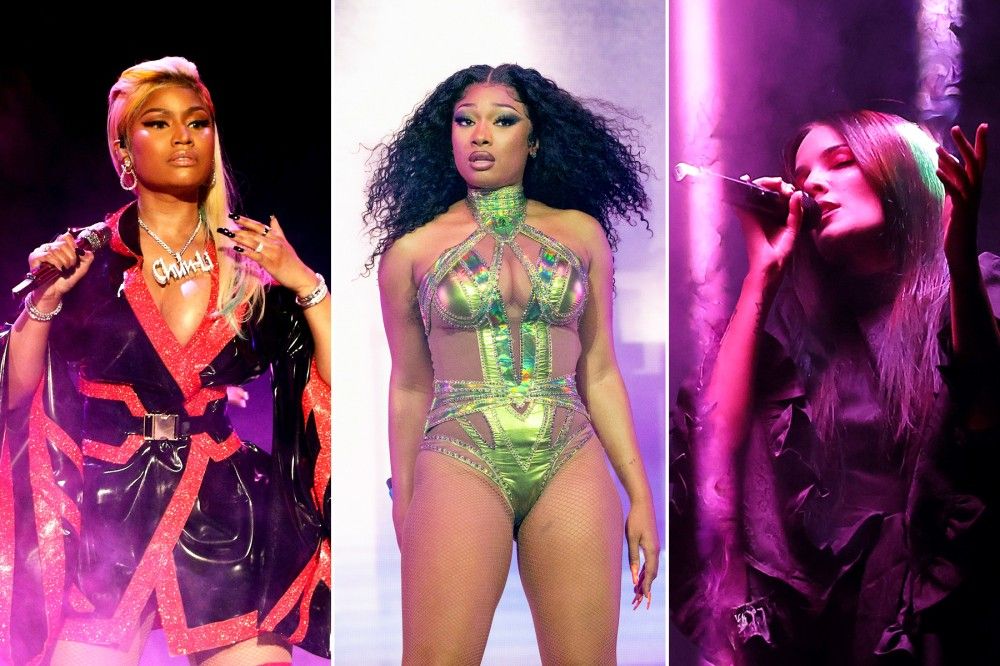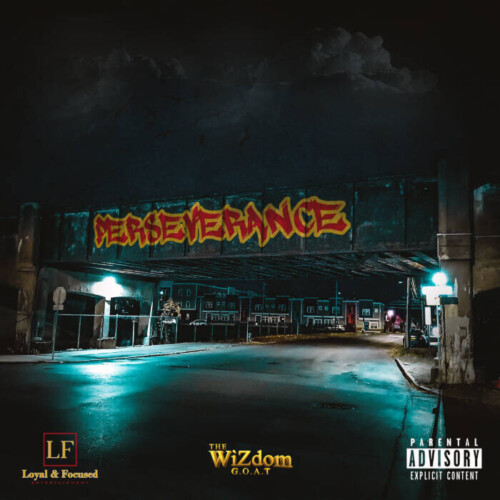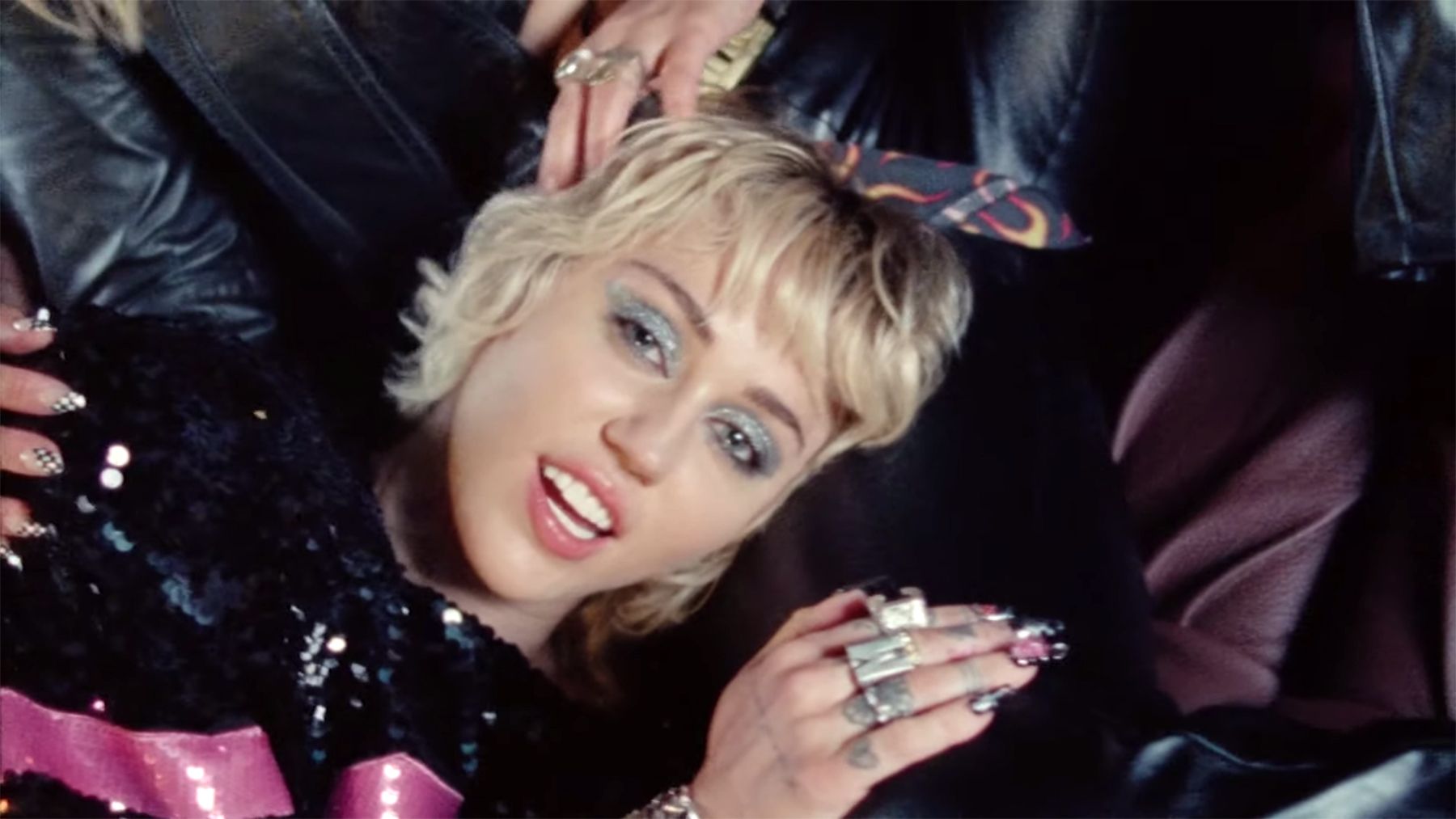
Nikola Jokíc and Jimmy Butler: The NBA Underdogs Slaying Titans
It’s springtime in America. The flowers are blooming, the sunsets are stunning, the air is filled with the scent of amour. It is now when a young man’s thoughts turn away from the grindset and toward the finer things in life: professional basketball, specifically.
“The Playoffs,” you say? Now, of course one might watch the NBA Conference Finals, where the Denver Nuggets just swept Lebron James and the Los Angeles Lakers, while the 8th-seeded Miami Heat have subjected the dishwater-dull Boston Celtics to a series of indignities engineered to make one giggle with childish delight. No, the present is a prison while the future beckons.
On Tuesday, the San Antonio Spurs won the NBA Draft Lottery, and with it a guarantee of the first pick in the NBA Draft on June 22nd. The Spurs are all but certain to select Victor Wembanyama, a 7-foot-4 center from France. The hype for Wemby, as he is colloquially known, has been wild. Adrian Wojnowrowski called him, “Maybe the greatest draft prospect of all time.” NBA League Pass shows all of his French League games. Everyone involved in the draft-prediction game is declaring him a sure-thing All-Star out of the gate — a massive young man with a multivalent skillset who projects to dominate on both ends of the court. Fox Sports commentator Chris Broussard said that if the 19-year-old doesn’t have a better career than Kevin Durant, he will be kind of a disappointment. People have lost their minds for this guy.
Wemby could prove to be an entirely unprecedented on-court product. I’m not trying to denigrate the teen phenom, but I can’t watch another draft-hype cycle come and go without remembering the other sure- fire franchise-changing talents who eventually became slightly less than that. Zion Williamson, Anthony Davis, Karl-Anthony Towns, Ben Simmons, Andrew Wiggins — at one time or another, they were all supposed to be a boss, the anchor of a squad that contended for a decade straight. For each and every one of them, time set in and the pressures of being a professional athlete caught up with them.
Watching this cycle come and go again is especially strange this year, when a slight head-tilt reveals that the two best players remaining in the NBA Playoffs were drafted 30th and 41st — developmental afterthoughts who did not capture the imagination of any draft-watcher.
Nikola Jokíc of the Denver Nuggets reacts to a foul during the third quarter against the Los Angeles Lakers in game four of the Western Conference Finals at Crypto.com Arena on May 22, 2023, in Los Angeles, California.
Harry How/Getty
All objective measurements suggested this Miami Heat team was cooked. But they are up 3-0 in the Conference Finals now. They bested a Milwaukee Bucks team that looked straight-up unprepared and did away with a chaotic neutral New York Knicks squad that plays like it’s still 1995, and then, against all forces of reason, have thus far dismantled and humiliated the Boston Celtics, regarded by many as the remaining team to beat in the entire league. When measurements fail, religion fills the void. Though it pains me to say it, the Miami Heat are just tougher. They have the dog in them.
At the center of this is Jimmy Butler — the Heat’s best player, and the superstar nobody wanted. Jimmy’s life is a ballad at this point. Once a homeless teenager, Jimmy went unrecruited out of high school and was forced to to attend junior college before he arrived at Marquette University, where he had a pretty good three-year career. Jimmy went 30th in the draft to the Chicago Bulls. He started as a defensive specialist and quickly evolved into a two-way problem. The Bulls, a skinflint franchise if nothing else, shipped him to Minnesota in 2017.
In Minny, the legend grew. Karl Anthony-Towns was a top recruit at Kentucky, a No. 1 overall pick, and an ace three-point-shooting big. Jimmy was underwhelmed by his work ethic and absolutely torched him and the rest of the millennial snowflakes on the team in an infamous practice. The Wolves have continued to eat shit in his absence, and bad feelings between the two remain to this day. As a result of this belligerent-but-also-totally-correct outburst, Jimmy was traded to Philly, where he was less than impressed with another soft-willed mediocrity, Ben Simmons.
Only one squad had a culture that could adapt to this guy’s pure, obsessive drive: the Miami Heat. Miami’s organization is obsessed with hard work and relentless player development. Jimmy fit right in. The squad made the Finals in 2020, came inches away from making it again in 2022, and are poised to make it once more against overwhelming pre-series odds.
Here is the end of Game Two of the series. In the fourth quarter, Jimmy and the Heat appeared to be A-OK with taking a split home to Miami right until Grant Williams, bless his heart, decided to get in a macho barking contest with the actual-most-macho guy in the NBA. Jimmy took this personally, and spent the following six minutes and change shoving the Celtics into a locker, walking off the court with a 2-0 series lead and another stanza in the poem of Jimmy.
Across the court stands Jayson Tatum, Boston’s best player and Butler’s polar opposite. Compare their pedigrees coming into the league: Jimmy was 22 years old (ancient for an NBA rookie); Tatum was exceptionally young. Jimmy has the quality of a tweener, not quite guard or forward-sized; Tatum is all forward all the time. Jimmy was kicking around juco when he was 18, and the only person in the world who sincerely believed he was going to make the NBA; Tatum was a star at Duke.
Tatum went third in the draft and has excelled. He’s blessed with the perfect physical and skill profile for the modern NBA. He slots into any team, scores and passes and rebounds and shoots, plays reasonably hard, and worships the ghost of Kobe Bryant. He produces and does little more. Watching him play is deeply dull.
Because when it comes down to it, Jayson Tatum does not have the thing that makes Jimmy so compelling: madness. You see it in the befuddled look on his face as the Heat weaponized Grant’s slight and tore out Boston’s heart right in front of him. He could not believe this was happening. When you’re living with the madness, the league exposes you, brings something otherworldly out of you. Nobody thought Jimmy Butler was going to be shit in the NBA until he subjected himself to its chaotic grind and came out an absolute killer. It revealed the monster lurking within.
Across the country is a similar story with different characters. Anthony Davis was all-pedigree in high school. A former guard who had a massive growth spurt but still kept the essence of his guard abilities, Davis went to the Kentucky pro basketball finishing school, where he was a prolific shot-blocker and a preposterous athlete. Scouts, writers, everyone thought of Davis as a generational talent. He led his team to the NCAA title and went No. 1 to the New Orleans Pelicans, who were reeling from the exit of Chris Paul, the Napoleon of the NBA.
From there, a notable but not mind-melting career emerged. Davis can shoot, defend and score, but his team remains stuck in the mire. He had injury problems. New Orleans realized it’s time to move on. The Los Angeles Lakers, having acquired the services of LeBron James, the best basketball player in the world at the time, also acquired the No. 1 pick in the draft, expected to be spent on a surefire talent from Duke named Zion Williamson. The Lakers, working under James’ direction and wanting a shot at an immediate title run instead of a ticket to Zion’s tunnel of possibilities, made the trade without hesitating.
Davis had some success in LA, at first. They win the title in 2020, a victory over Jimmy Butler’s Heat pirates, and then fall off. The Lakers, a less-than-stellar organization that subjects itself to wild title-or-bust expectations and the whinging of their massive, belligerent fanbase, tried trading for Russell Westbrook (rarely a good idea). They fall off off, and enter the year in a state of chaos. After half a season of sucking, their GM, Rob Pelinka (Kobe Bryant’s agent — I’m not sure how this qualified him for a GM job, either), makes a bunch of weird moves and retools the roster into something functional, making the playoffs by a hair. They beat Minnesota (Towns, still a rough hang), the Memphis Grizzlies (chaos team) and the Warriors (old), and advance to the Conference Finals where sportswriters assume they will win.
It is here where Salieri meets Mozart.
Nikola Jokíc did not go No. 1. He went 41st, while ESPN was running a Taco Bell commercial. He did not go to Kentucky; he played somewhere in Serbia. He was not a young point guard; he averaged 1.8 points per game as a 17-year-old. Scouts thought he flashed some skill, but they also thought he was overweight and impossibly bad at defense. When he arrived in Denver, it was as a backup for Jusuf Nurkic, a good player but not a great one.
But as the league revealed Butler’s madness, it also revealed Jokíc’s strange genius in space. As time went on, his conditioning and defense got better. He became the Nuggets’ best player as the team vaulted to the top of the league standings and became out-of-nowhere contenders. He is one of the strangest players of all time, with unparalleled passing vision and silky-smooth shooting touch. The Nuggets, who were the top seed in the West this year, play a strange, inverted style, using Jokíc as the point of origin in an inside-out offense while everyone else is relying on penetrating guards and/or endless ball movement.
Jokíc isn’t alone in this. The center was thought of as a spent offensive force a few years ago, but a new breed with a playmaking style cribbing from Soviet-era Arvydas Sabonis-types has emerged along with Jokíc. Make no mistake, however: Jokíc is the master, a playmaker and scorer so undeniably talented that the Nuggets’ offense has come to be a sui generis NBA product. Davis (Or Karl Towns, for that matter) might have a sweet shooting touch for a big man, but the playmaking pivot has left him looking less like the future of the NBA and more like LeBron’s sidekick, standing ready to take the fall when the squad gets buried by the future. Even Davis’s big games have been wiped out by Jokíc’s spate of triple-doubles, Showtime passes, and his weird little jog. Davis is fine as LeBron’s vassal, but it’s never been more apparent that true greatness will always elude him when you see him next to Jokíc. It would be tragic if Davis didn’t play for the Lakers.
What is the most valuable player in sports? Franchise quarterback. But second place, I think, is a big-deal NBA player. They are the killer card in your Magic deck; the one thing that everything else gets built on. Teams kill themselves trying to figure out who that guy is every year.
But try as you might, you will always end up blinkered, unable to see the pure truth. The only thing that reveals the X factor that takes you from impressive physical talent to all-world possession-after-possession destroyer is a little gremlin that lives in the mind of every truly great player, waiting to be shaken awake by the unrelenting pressure of the game itself. Try to remember this when Wembymania is in full flower next month: the only truth that matters is the one that emerges from the games, and it comes far from anywhere in the draft, and far beyond the imagination of any scout.



